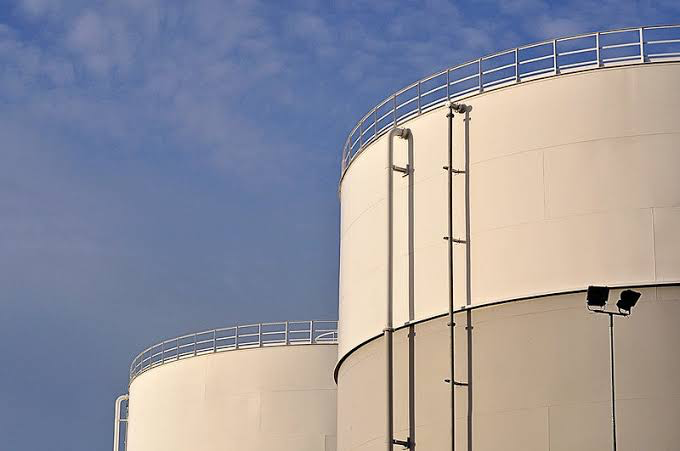US oil refiners posted strong earnings in the fourth quarter of 2023, thanks to favorable crude prices, high refining margins, and robust global demand for fuels. Analysts expect the positive trend to continue in 2024, as the world recovers from the pandemic and seeks cleaner energy sources.
Crude cost advantage
The US oil refiners benefited from lower prices for US crude oil during the quarter, after Houthi rebel attacks in the Red Sea drove up freight costs. Crude prices are the greatest cost for refiners who process oil into transportation fuels, heating oil, and other products.
“We had a period of time where you could export from the US Gulf Coast to Northwest Europe crude in the low $2 a barrel range. That spiked to $6 a barrel,” said Gary Simmons, chief operating officer for Valero Energy, one of the largest US refiners.
“For our system, that is an advantage because it gives us a crude cost advantage versus our global competitors,” he added.
Valero saw margins of $33 a barrel for ultra-low sulfur diesel in the US midcontinent and North Atlantic and $24 a barrel on the Gulf Coast during the quarter.
Phillips 66, another major US refiner, saw margins of $14.41 a barrel in the fourth quarter, down from $19.73 a barrel the same period last year as fuel prices weakened. The company increased its yield of clean products by 2% to its highest levels since 2017.
US crude is at roughly a $5 a barrel discount to the European Brent benchmark. The discount is expected to remain wide if tensions escalate in the Middle East.
Global demand outlook
Globally, gasoline demand rose by 3% and distillate demand grew by 2% throughout the year, according to Brian Mandell, executive vice president of marketing of Phillips 66. Global gasoline demand is expected to grow by 1% in 2024 while distillate demand will grow by 0.5%, he added.
The bump in global demand growth will keep encouraging US refiners to focus on exporting fuels. US petroleum product exports totaled nearly 6.0 million barrels per day in the first half of 2023, the highest ever for the first six months of a year, according to the US Energy Information Administration.
The US has also increased distillate exports to Europe, which previously imported sanctioned Russian diesel and heating oil. US distillate fuel oil exports to Europe averaged 138,000 bpd in the first half of 2023, more than double the 56,000 bpd in the first half of 2022, according to the EIA.
Still, US fuelmakers must compete with an additional 1.5 million barrels a day of global refining capacity to come online this year, more than the projected 1 million bpd of oil demand growth projected globally.
Startups of some of the biggest new refineries in the world, such as the 650,000-barrel-per-day Dangote refinery in Nigeria, should begin running at higher rates in the second half of 2024. Any delays in such projects could squeeze supply/demand balances, said Valero’s Simmons.
Gasoline and diesel inventories, currently at or below their five-year averages, could also tighten as several large US refineries shut units for heavy maintenance in the first quarter, executives said. This could boost fuel prices.
“We’d anticipate draws through the spring maintenance season that should take inventories even closer to last year’s levels,” said Mandell of Phillips 66.
Clean energy transition
As the world shifts to cleaner energy sources, US refiners are also investing in renewable fuels and low-carbon technologies to reduce their environmental footprint and meet regulatory requirements.
Marathon Petroleum, the largest US refiner by capacity, announced plans to convert its Martinez, California refinery into a renewable diesel facility, which will produce 736 million gallons per year of renewable diesel from animal fat, soybean oil, and corn oil.
The company also said it will invest $550 million to increase its renewable diesel production capacity at its Dickinson, North Dakota refinery by 2025.
Valero, meanwhile, is expanding its ethanol and renewable diesel production capacity in the US and Canada, as well as exploring opportunities to produce sustainable aviation fuel and green hydrogen.
The US refiners are optimistic that their investments in renewable fuels will pay off in the long run, as they expect strong demand and favorable policies to support the clean energy transition.
“We believe the renewable diesel market is here to stay and will continue to grow,” said Joe Gorder, chairman and CEO of Valero.
Source: Reuters



